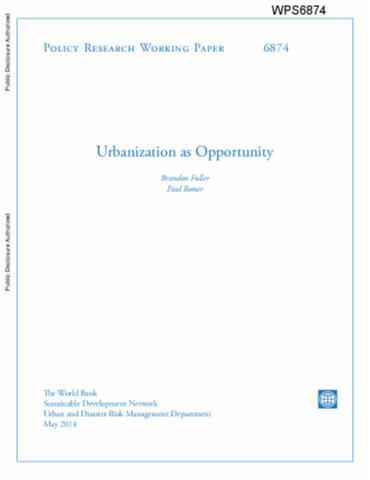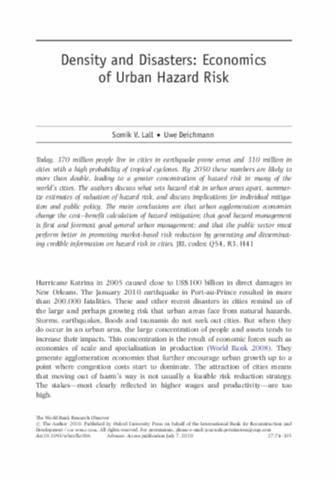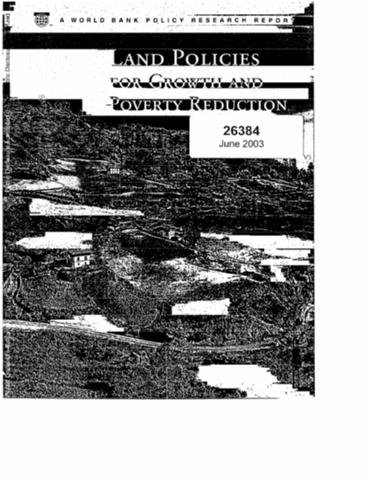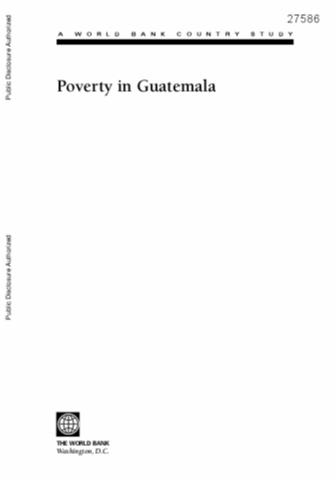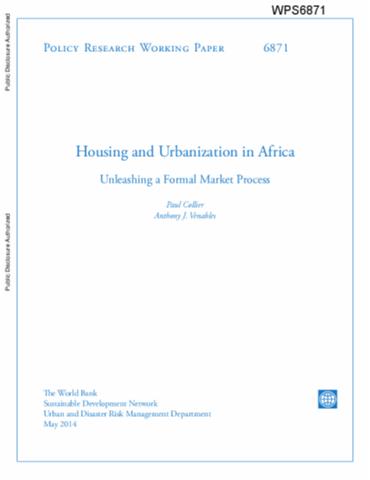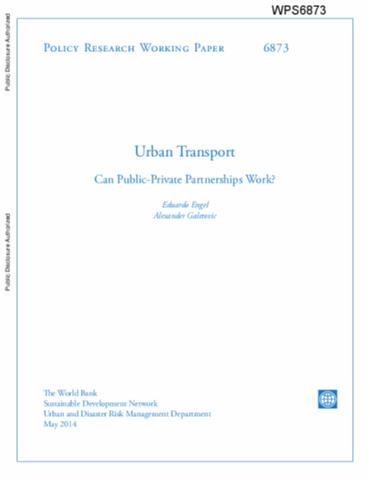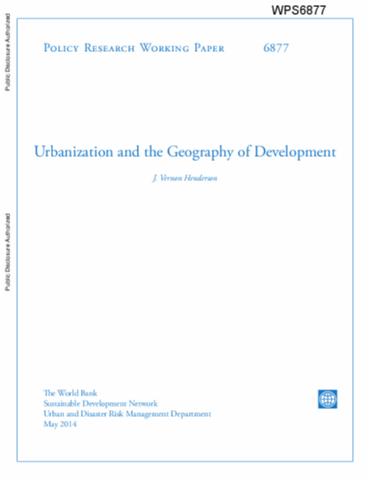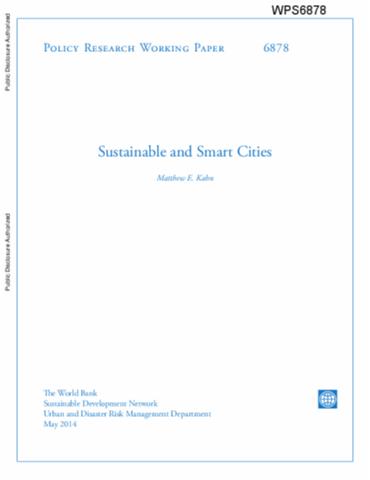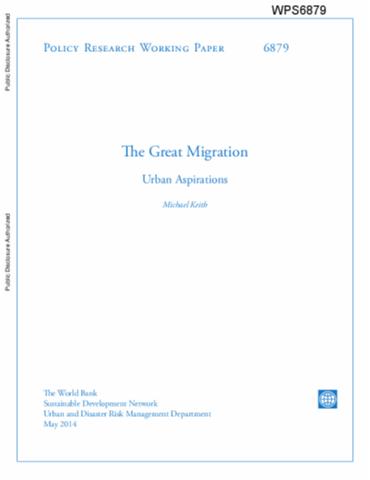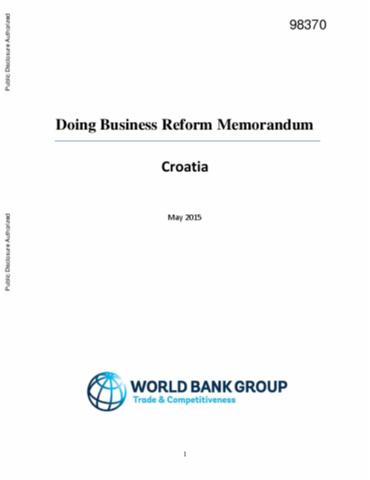
Topics and Regions
Details
Location
Contributions
Displaying 581 - 590 of 630Urbanization as Opportunity
Urbanization deserves urgent attention from policy makers, academics, entrepreneurs, and social reformers of all stripes. Nothing else will create as many opportunities for social and economic progress. The urbanization project began roughly 1,000 years after the transition from the Pleistocene to the milder and more stable Holocene interglacial. In 2010, the urban population in developing countries stood at 2.5 billion. The developing world can accommodate the urban population growth and declining urban density in many ways.
Density and Disasters : Economics of Urban Hazard Risk
Today, 370 million people live in cities in earthquake prone areas and 310 million in cities with a high probability of tropical cyclones. By 2050 these numbers are likely to more than double, leading to a greater concentration of hazard risk in many of the world's cities. The authors discuss what sets hazard risk in urban areas apart, summarize estimates of valuation of hazard risk, and discuss implications for individual mitigation and public policy.
Land Policies for Growth and Poverty Reduction
Land policies are of fundamental importance to sustainable growth, good governance, and the well-being of, and the economic opportunities open to, both rural and urban dwellers - particularly the poor. To this end, research on land policy, and analysis of interventions related to the subject, have long been of interest to the Bank's Research Department, and other academic, and civil society institutions.
Poverty in Guatemala
Poverty in Guatemala is high and deep. In 2000, over half of all Guatemalans lived in poverty. About 16 percent lived in extreme poverty. Available evidence suggests that poverty in Guatemala is higher than in other Central American countries. Although poverty has fallen over the past decade, its trend recently declined due to a series of economic shocks during 2001 and 2002. The drop of poverty incidence since 1990 is slightly slower than what would have been predicted given Guatemala's growth rates, suggesting that growth has not been particularly pro-poor.
Housing and Urbanization in Africa : Unleashing a Formal Market Process
The accumulation of decent housing matters both because of the difference it makes to living standards and because of its centrality to economic development. The consequences for living standards are far-reaching. In addition to directly conferring utility, decent housing improves health and enables children to do homework. It frees up women's time and enables them to participate in the labor market. More subtly, a home and its environs affect identity and self-respect.
Urban Transport : Can Public-Private Partnerships Work?
Cities exist, grow, and prosper because they take advantage of scale economies and specialization wrought by agglomeration. But output growth inevitably stresses transport infrastructure because production requires space and mobility. To prevent congestion from crowding out agglomeration benefits and to expand the supply of urban land, cities must invest in transport infrastructure. Yet balancing the growing demand for infrastructure with its supply is often difficult. In particular, many cities lack the funding to maintain and expand streets and urban highways.
Urbanization and the Geography of Development
This paper focuses on three interrelated questions on urbanization and the geography of development. First, although we herald cities with their industrial bases as "engines of growth," does industrialization in fact drive urbanization? While such relationships appear in the data, the process is not straightforward. Among developing countries, changes in income or industrialization correlate only weakly with changes in urbanization. This suggests that policy and institutional factors may also influence the urbanization process.
Sustainable and Smart Cities
This paper explores the challenges and opportunities that government officials face in designing coherent 'rules of the game' for achieving urban sustainability during times of growth. Sustainability is judged by three criteria. The first involves elements of day-to-day quality of life, such as having clean air and water and green space. The provision of these public goods has direct effects on the urban public's health and productivity. The second focuses on the city's greenhouse gas emissions.
The Great Migration : Urban Aspirations
The great 21st-century migration into cities will present both a great challenge for humanity and a significant opportunity for global economic growth. This paper describes the diverse patterns that define this metropolitan migration. It then lays out a framework for understanding the costs and benefits of new arrivals through migration's externalities and the challenges and policy tradeoffs that confront city stakeholders.
Doing Business Reform Memorandum
Croatia’s business environment has been identified as a priority area for reform by the Croatian Government. Under the government working group for business climate and private investments, the agency for investment and competitiveness has been designated to lead the dialogue with the private sector and coordinate the consultations with stakeholders, including international organizations on the design of a new wave of business environment reforms.

